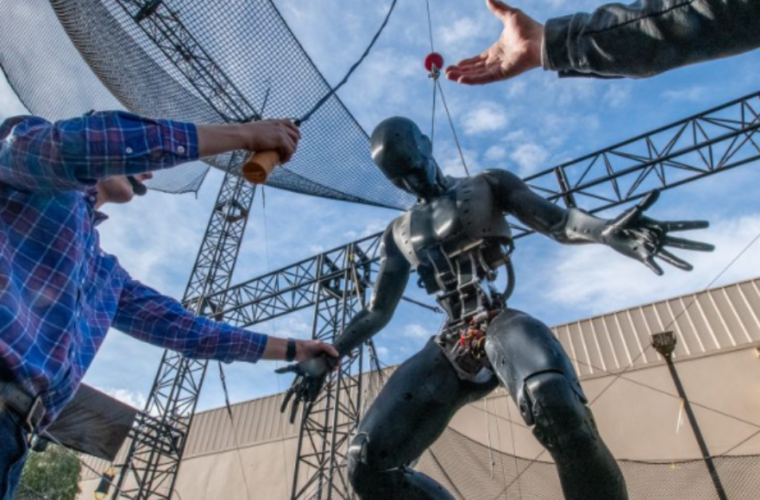Hollywood writers’ deal may set a template for talks with striking actors
By Dawn Chmielewski and Lisa Richwine
LOS ANGELES (Reuters) – The tentative deal Hollywood writers reached with the major studios and streaming services could serve as a template for actors, who have been on strike since mid-July.
Writers and actors share common concerns, including the desire for higher pay and for curbs on the use of artificial intelligence (AI) in entertainment.
The Writers Guild of America (WGA), which went on strike May 2, reached a tentative deal with studios Sunday. It calls for improved minimum pay, increased streaming residuals and assurances that AI cannot be used to undermine a writer’s credit. That agreement generated optimism among striking actors that they may soon settle their differences with the studios.
“I hear it’s an exceptional deal and historically, whatever deal they give to one union, the next union uses as a template for their own deal,” writer and actor Mel Shimkovitz said on Tuesday while picketing outside Netflix.
The WGA said writers could return to work on Wednesday ahead of their final vote to ratify the contract. That means talk shows can return to air and writing can resume, but filming cannot re-start until the actors reach a labor deal.

Negotiators for the SAG-AFTRA actors’ union have not held talks with the Alliance of Motion Picture and Television Producers (AMPTP), which represents Walt Disney, Netflix and other studios, since this summer. Entertainment industry executives expressed the hope that negotiations would resume as soon as next week.
“SAG should not take long, I’ll tell you that,” said one studio executive after the writers’ agreement. They requested anonymity because of the sensitivity of labor negotiations.
Performers want to protect their images and work from being replaced by “digital replicas” generated with AI. As with writers, actors are looking for compensation that reflects the value they bring to streaming, specifically, in the form of revenue sharing.
But SAG-AFTRA also is seeking gains in other areas, and has a wide range of performers with different issues they want addressed.
Actors want limits on self-taped auditions used in casting, which they argue are more costly than in-person readings. They are looking for hair and makeup artists who can work with various hair textures and skin tones, to ensure equity for all performers. Actors are also seeking more leeway to work during increasingly long breaks between TV show seasons, among other things.
Dancers, singers, background actors and stunt performers also have specific demands.
“Our fight isn’t over – it’s just heating up!” SAG-AFTRA posted on X on Tuesday night with pictures of Pedro Pascal, Bob Odenkirk and others on the picket lines. “We’re committed to securing a fair contract because we deserve nothing less. Let’s keep pushing, keep fighting, and show the world our determination!”



